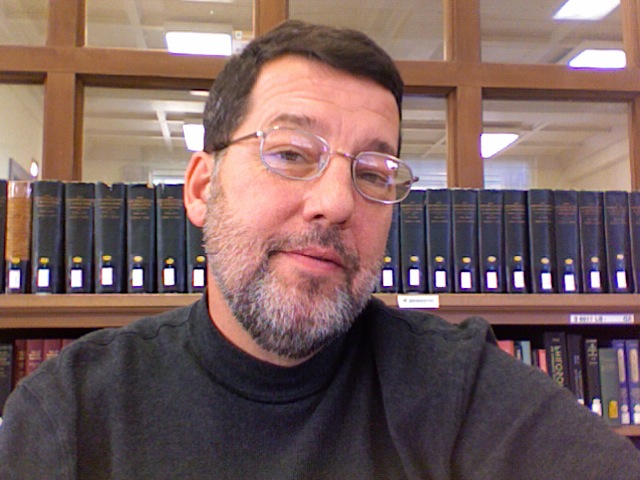
09 Jun PAT BAILEY’S SPIRITUALITY WITH RELIGION
Editor’s note: In his doctoral dissertation, Pastor Pat Bailey of Telluride’s Christ Church claims the need for a re-visioning of the Christian church’s theology and its understanding of mission, the need for a more natural, integrative theology and for an earth-focused, contextual approach to mission. One of the sources he has relied upon to inform his re-visioning of the church’s mission is theologian Kirsteen Kim. (See Kim’s “The Holy Spirit in the World: A Global Conversation.”) This blog is part of an on-going series.
 Kirsteen Kim recommends the Spirit as a starting point for Christian mission, seeking to align the work of the church with the work of the Spirit in the larger world. To begin with the Spirit is essentially to begin with experience. The Holy Spirit in Christian tradition is the agent of experiences of the holy, the rising to awareness of God’s presence and influence. As Kim points out, “Spirit” is not the only way that God’s presence is named or presented in scripture, and that there is an affinity between Spirit and such concepts as glory, word, and wisdom. So, Spirit is one of many ways that Christian scripture and tradition attempt to speak of the experiencing of God’s presence in personal and communal contexts.
Kirsteen Kim recommends the Spirit as a starting point for Christian mission, seeking to align the work of the church with the work of the Spirit in the larger world. To begin with the Spirit is essentially to begin with experience. The Holy Spirit in Christian tradition is the agent of experiences of the holy, the rising to awareness of God’s presence and influence. As Kim points out, “Spirit” is not the only way that God’s presence is named or presented in scripture, and that there is an affinity between Spirit and such concepts as glory, word, and wisdom. So, Spirit is one of many ways that Christian scripture and tradition attempt to speak of the experiencing of God’s presence in personal and communal contexts.
The Spirit is also presented in scripture as the source and sustainer of life by both her involvement in the creation narratives and her identification as the breath of life. Her association with the basic elements of creation and life is expressed by Nature metaphors common in the descriptions of her activity: air, water, fire, and earthly creatures. Overall, scripture portrays her presence as being both all pervasive and particular to divine desiring in concrete situations.
Kim proposes a mission of the Spirit rather than a Spirit of mission, the church given to the Spirit rather than the Spirit given to the church. Starting from and communicating principally in the language of Spirit makes sense in a context such as Telluride. Spirit is a big enough category and is imprecise enough to allow a wide conversation in a pluralistic setting, and yet Spirit expresses a shared sense of the deeper aspects of existence, the connectedness of each to the other and to the mysterious other or more-than that is also experienced through the natural world. A Spirit-focused sense of mission that is deeply integrated within the natural world can provide a way of promoting fulfillment and growth within a spirituality of integration and interdependence in ways that effect balance, wholeness, and health.
Do you think that Spirit can communicate something of spiritual experiencing across lines of religion and practice? Is it surprising to you that the Bible associates Spirit so closely with Nature? What do you think the term “Spirit” is trying to convey about our experiences of life and Nature?


Pingback:PAT BAILEY'S SPIRITUALITY WITH RELIGION | Telluride Inside … | Church
Posted at 23:22h, 09 June[…] more here: PAT BAILEY'S SPIRITUALITY WITH RELIGION | Telluride Inside … Posted in Church Tags: bailey, christ-church, church, doctoral, his-doctoral, its-understanding, […]